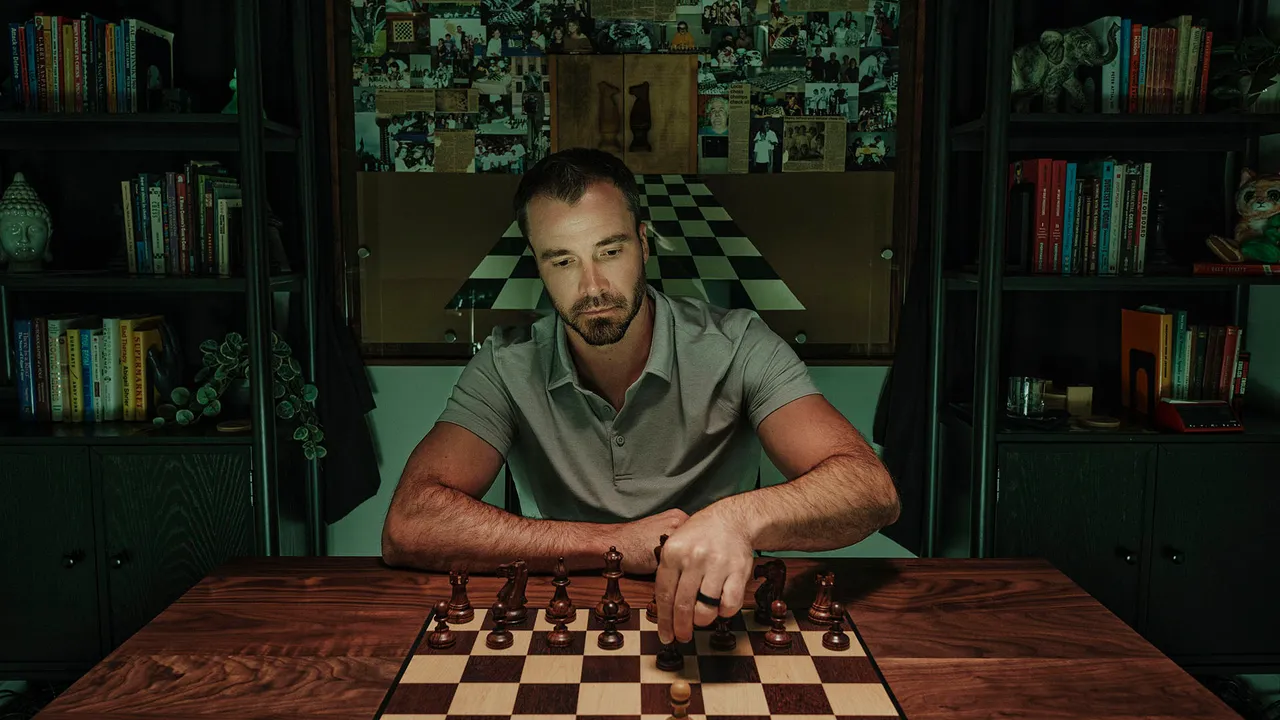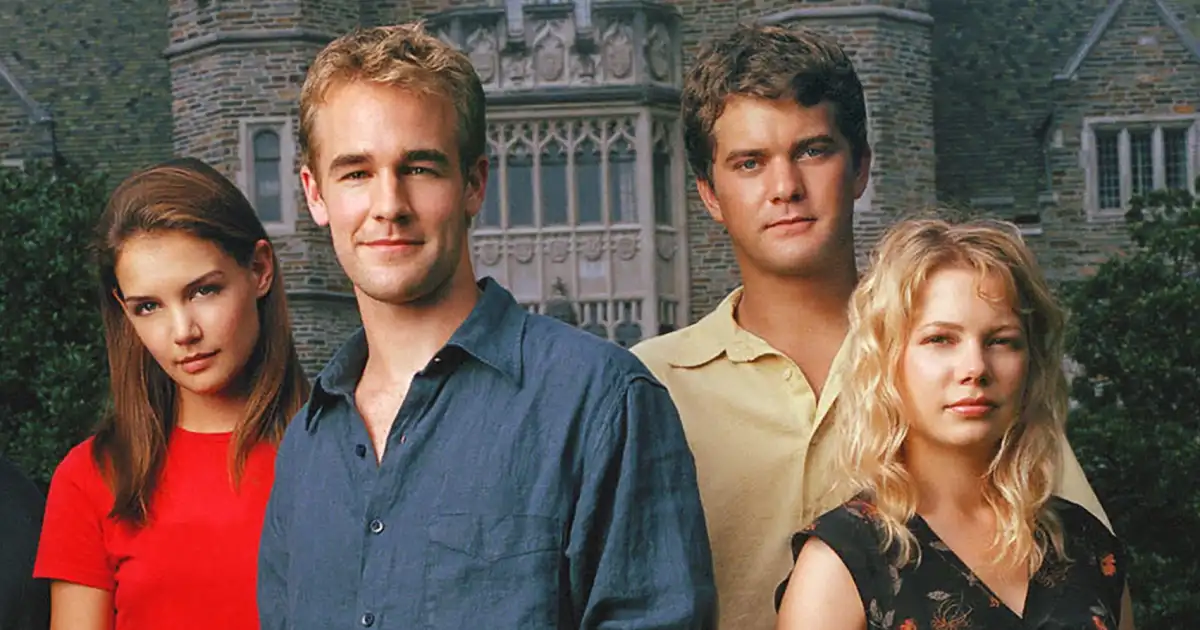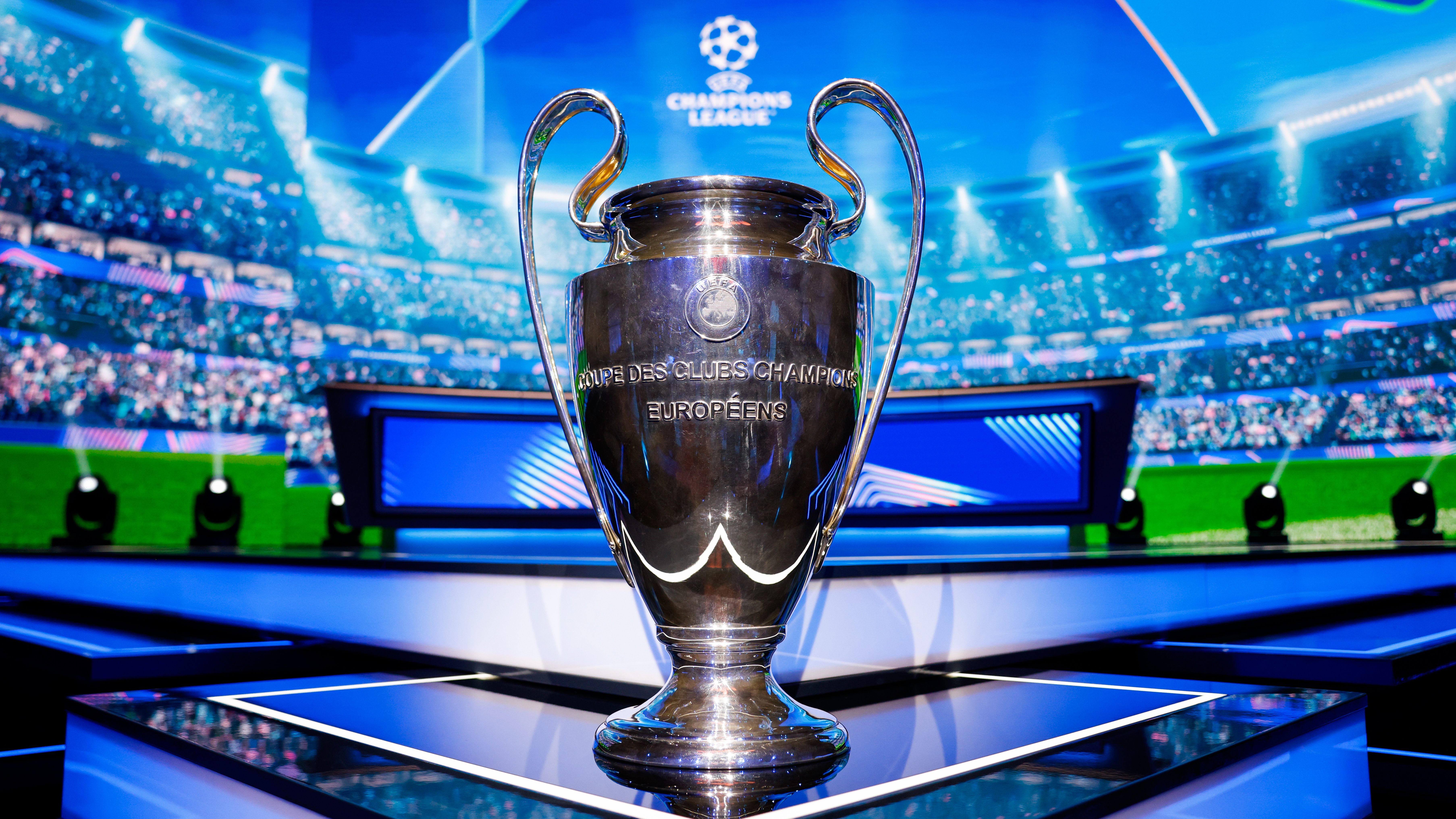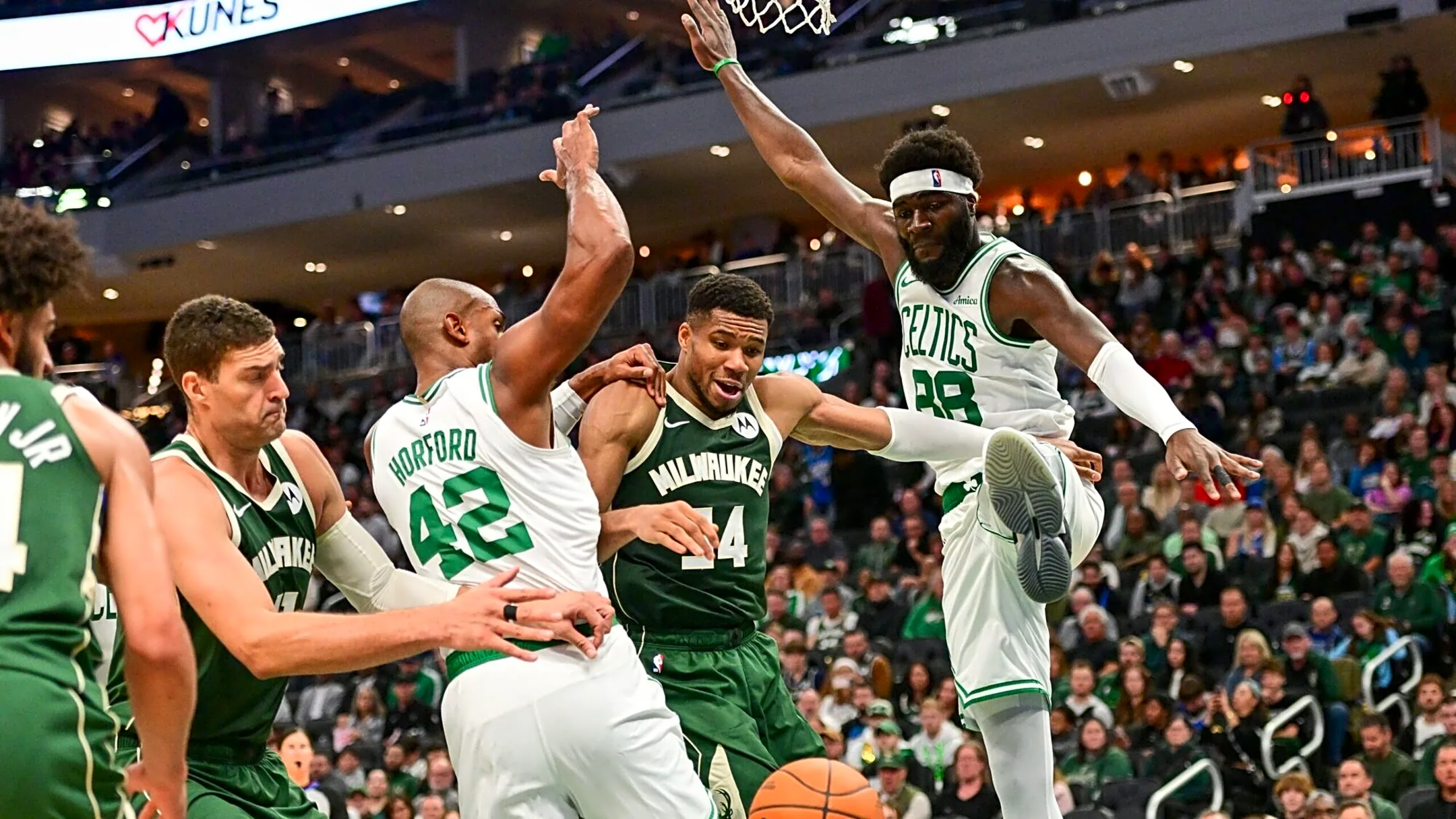
Danny Rensch grew up in a village on the edge of a great forest, in the mountains outside Payson, Arizona. He spent his days with roving packs of children, building forts, playing cops and robbers in the woods, or splashing around in a septic dump, unmindful of the shit and of the bears and javelinas that sometimes came down from the hillsides in search of food and water. When Rensch was nine, he saw a movie, “Searching for Bobby Fischer,” about a boy in New York City who plays chess in a public park with homeless men and discovers that he’s a prodigy. Rensch and his friend Dallas found a cheap chess set and started playing constantly. One day, Dallas took Rensch to play chess with his grandfather Steven Kamp.
Kamp was not just Dallas’s grandfather; he was the leader of a cult to which almost everyone in the town, Tonto Village, belonged. The members of the Church of Immortal Consciousness, also known as the Collective, followed the teachings of a Dr. Pahlvon Duran, who, they believed, lived the last of his many lifetimes as an Englishman in the fifteenth century. Duran spoke to the Collective through Steven’s wife, Trina, and he preached that the goal of life was to fulfill one’s “Purpose” and to live “in Integrity.” Ego was discouraged. So was private property. Families were moved from house to house, and were sometimes reconfigured, too. Rensch had only recently learned that Dallas was actually his stepbrother.
Like most of the members of the Collective, Rensch often didn’t have enough to eat. At times, he didn’t have shoes. Kamp had his own house. He had Cheerios and cigars. He also had books about chess and his own wooden set. He had been following the world championship in New York between Garry Kasparov and Viswanathan Anand. Kamp, a good chess player, saw that Rensch had talent. “Chess made me special,” Rensch writes, in “Dark Squares,” his new memoir, “and to be special in the eyes of Steven Kamp is to be special in the eyes of God.”
Chess has been viewed as a measure of intellectual potential for centuries, and Kamp was eager not only to promote the Church of Immortal Consciousness but to dispel the notion that it was a death cult or a dangerous militia group. What if he could boost the profile of the Collective with a successful chess team? The group’s children were in a unique position to undertake such a project. They shared a sense of common mission, instilled in them by Kamp. Traditional schooling was easily ignored. And chess could become a means to privileges: trips to McDonald’s and Taco Bell and out-of-town tournaments.
The kids played for hours every day, with a sense of freedom, and, for a time at least, they had a lot of fun. In 1996, the Shelby School—an unchartered charter in a tiny town on an Arizona mountainside, which the kids attended—placed fourth at the national elementary-school championships, conducted by the United States Chess Federation. In 1997, the school won the U.S.C.F. Super Nationals scholastic championship. In 1998, it won the national elementary-school championship, the K-9 championship, and finished in the top fifteen of the K-12 championship, despite not having any high schoolers. “Cults work,” Rensch writes. “Until they don’t.” Rensch won the national elementary-school championship that year. Trina, channelling Duran, told Rensch that chess was his Purpose.
For a time, Rensch was moved to a house that the Collective owned in Phoenix, to be near the city’s chess club, a hangout for oddballs, chess enthusiasts, and one honest-to-God chess genius, a raging alcoholic named Igor Ivanov, who’d defected from the U.S.S.R. and suffered the usual deprivations of a vagabond professional chess player. Ivanov became Rensch’s personal coach. Most mornings, Rensch would find the man sprawled naked on a bed, and would dutifully fix him the day’s first screwdriver. After Rensch’s rise in the game slowed, when he was fourteen, he was taken from his mother and installed in the home of Kamp’s right-hand man—who happened to be Rensch’s biological father, and who seemed to harbor no feeling for him. Kamp told him this was all for the good of his Purpose.
Rensch’s Purpose, according to Kamp, wasn’t just to play chess. It wasn’t even to become a grand master, though that was the marker of his ambition. His Purpose was to save chess. Doing so, as Rensch puts it in his book, “would prove to the world that [Kamp’s] spiritual vision held the key to understanding human nature and the meaning of life.” Rensch was convinced. “I believed it because I was a child and it’s what I’d been raised to believe,” he writes. But he also wanted to do it for his own reasons. He wanted to make the game seem fun and normal, not “dysfunctional and weird.” He wanted to make it so that the pinnacle of chess achievement didn’t look like tormented, self-destructive figures such as Ivanov but a guy like him, Danny Rensch.
At the age of eighteen, not long after winning the national high-school chess championship, Rensch’s eardrums exploded on a flight on the way home from a tournament. He tried to return to serious competitive chess in his early twenties, but it was becoming clear that his progress had stalled and his goal of becoming a grand master, let alone a top one, was fading. By then, he was married—in the Collective, early marriages were common—and had two kids. (He and his wife, Shauna, eventually had two more.) He was still driven by a belief in his chosen status, but his life was a mess. He began to make a little money coaching chess. He also started drinking, taking painkillers, suffering from panic attacks, and compulsively buying up chess domain names: chessface.com, chesscoachlive.com, and so on. The one he wanted, Chess.com, was already taken. But, at a tournament in 2008, he met the guys who owned it—Erik Allebest and Jay Severson—and badgered them into giving him a job. Only later did he realize that he was lucky that he didn’t badger them out of one.
Maybe they were lucky, too. In 2010, they created ChessTV, with Rensch as its star. I first encountered Rensch in 2016, on a Chess.com YouTube show called “ChessCenter.” My boyfriend, now my husband, had introduced me to the game, and I’d quickly become obsessed, waking up at 4 A.M. to play on my phone. Some couples watch Netflix together; we watched Sicilian Defense instructional videos. We also tuned into live streams of pro tournaments, and we caught up on news by watching “ChessCenter,” which was a little like ESPN’s “SportsCenter,” if “SportsCenter” ’s soundstage was the walk-in closet of a law office in Payson.
The show was hosted by Rensch, who had become an international master, and Robert Hess, a Yale-educated grand master from New York. Hess talked about chess with a sense of gravity that went beyond interest or mere passion; an elegant move or complex position would light him up. Rensch, on the other hand, was excited about everything: chess, sure, but also CrossFit, coffee, his kids, shouting “premature attackulation!” when a player launched an attack too soon. (As much as Rensch had wanted to play like Fischer, he wanted to be Stuart Scott.) The Chess.com platform was a little janky, with glitches and gaffes galore, and seasoned players were forever complaining about the bugs on Reddit. (The cool kids, I quickly learned, were playing on a different website, Lichess, which was open-source.) But this was part of the charm. Chess.com maintained deep commitments to accessibility and education. Its tutorials were popular, and its shows were gaining followings. Plus, it had that domain. If you wanted to pick up chess, you went to Chess.com. On “ChessCenter,” chess wasn’t a formidable game played solely by snobs. It was intellectual and beautiful and serious, but also competitive and fun. You could make mistakes.
Rensch wasn’t the only person to realize the potential of chess as online entertainment—something that could be not just played but watched, discussed, argued about, obsessed over, endlessly consumed. But he was an evangelist, and he was willing to do almost anything to spread the gospel. (My husband met Rensch through his work, and for a brief period Rensch even recruited me to write blog posts for the site about my humiliations as a novice chess player.) Perhaps Rensch’s key contribution to Chess.com was his recognition of the power of influencers, before anyone was using that word. He helped bring grand masters and a host of popular chess streamers into the Chess.com fold, for events or as brand ambassadors: Alexandra Botez, Anna Rudolf, the Chessbrahs, Daniel Naroditsky, Ben Finegold, and dozens more. The site sponsored Hikaru Nakamura, a top player who soon would become one of the most popular e-sports live streamers in the world. Rensch also convinced famous athletes and e-sports stars to play in Chess.com events and to hype the game, on camera, riding the wave of celebrity promotion. He networked and appeared on panels at the M.I.T. Sloan Sports Analytics Conferences. He helped Chess.com seem bigger than it was, and then get bigger as a result.
Few of the people Rensch met in these years knew what he was going through at home, in a crumbling community, as he was reckoning with the trauma of growing up in the Collective. (The Church of Immortal Consciousness has since disbanded.) Perhaps he was not fully aware himself: by his own account, that awareness required a lot of intensive therapy. And I didn’t know, even though I had seen it for myself. My husband and Rensch had become close, and we visited him in Tonto Village in December, 2019. We baked Christmas cookies and played with the kids; I briefly met Kamp. I wandered along the empty paths of the village, through the half-vacant clusters of cabins and trailers, with my toddler strapped to my chest, until collarless dogs, their teeth bared, drove me back.
A few months later, the COVID-19 pandemic arrived, and the world discovered what Rensch had hit upon a decade earlier: chess is a great game to play online. Then “The Queen’s Gambit” premièred on Netflix, and the game’s popularity boomed. In just a few months, Chess.com transformed from a relatively niche website into an online behemoth with hundreds of employees and hundreds of millions of users, and into a company worth hundreds of millions of dollars, with Rensch as its chief chess officer and its public face.
There is an irony in the arc of Rensch’s life that is not lost on him. As soon as he let go of the idea that changing the chess world was his purpose, which was a burden that he had carried for much of his life—as soon as he had started to reckon with his arrogance and desire for attention—the chess world actually changed, and he was in the middle of it all. In his memoir, Rensch expresses a degree of discomfort with the role he now plays. “Who nominated Danny Rensch to have so much influence over so many aspects of the game, from the way it’s taught to the way it looks?” he writes. “More importantly, who appointed me the arbiter of fair play? Nobody.”
Online chess has a rampant cheating problem, and Rensch’s role at Chess.com has required him to act as judge and jury. Rensch writes at length about the century’s most notable cheating scandal in chess, which arose when Magnus Carlsen, the world’s best player, insinuated that the grand master Hans Niemann had cheated in a match—allegations that Niemann has denied. At the time, Chess.com was in the process of buying Carlsen’s company, Play Magnus Group, and Carlsen’s father asked Rensch if Niemann had ever cheated on Chess.com. Rensch knew that Niemann had, and he’d dealt with it as he often did in these cases, by quietly giving Niemann a second chance. But, after Carlsen’s statements, Chess.com analyzed the situation, and Rensch went public with what he knew.
Many people were unhappy with the way Rensch handled it—not least Niemann, who sued Rensch, along with Chess.com, Carlsen, and others, for a hundred million dollars each. (Part of the lawsuit was dismissed, and the rest was settled.) There was another, quieter irony in this. Niemann grouped Rensch and Carlsen together, but it was Niemann whom Rensch identified with more. In Carlsen, Rensch saw the person he had dreamed of becoming—the world’s greatest player, someone who had made chess seem cool with his brilliant play and by the force of his personality—and had failed to be. Rensch hadn’t cheated, but he had long recognized something of himself in Niemann, “a talented, troubled kid who was painfully alone in the world.” Rensch had changed, and in doing so he realized his real purpose: to entertain and encourage the human capacity for connection, in chess and in all else. There is also some purpose in pointing that out. ♦



